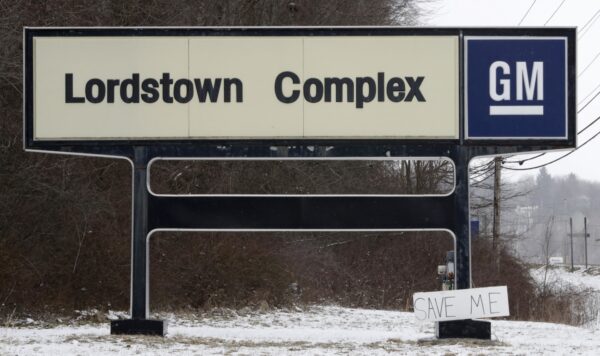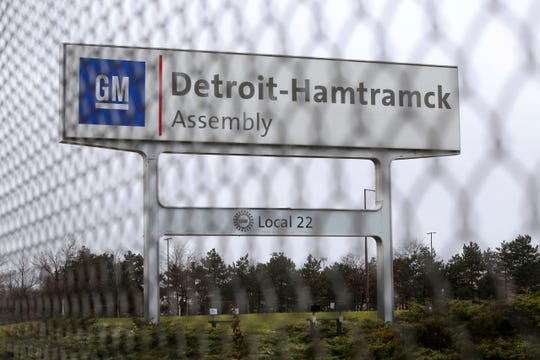“Deaths of despair” is an accurate characterization of most fatal opioid overdoses —although the mean lady from Princeton University blames the doctors who prescribe opioids, not the loss of hope brought on by poverty and social breakdown. Excerpts follow from a December 30 NYT piece by Niraj Chokshi:
The last two decades have brought both a sharp decline in automaking jobs in the United States and the rise of a deadly epidemic of opioid abuse. According to a new study, the two trends may well be related.
The study, in JAMA Internal Medicine, found that opioid deaths were about 85 percent higher among people of prime working age in counties where automotive assembly plants had closed five years earlier, compared with counties where such factories remained open.
That finding underscores the role that economic despair may play in eroding public health.
“For a long time, we’ve been interested in the link between the American dream and America’s health, namely that the fading American dream actually has population health consequences,” said Dr. Atheendar Venkataramani, the lead author of the paper and a professor of medicine at the University of Pennsylvania…
In all, the researchers studied 112 counties near car plants from 1999 to 2016. Of those, about one-fourth were near a plant that had closed.
The counties studied were predominantly in the industrial Midwest — particularly Michigan and Ohio — and the South. In the first decade of the period examined, nationwide employment in the auto and auto-parts industry was slashed by roughly half, to 650,000 from 1.3 million, according to the Bureau of Labor Statistics, though it has climbed back to about one million…
The implications of the study displeased the lady from Princeton, according to Chokshi:
And while economic conditions may have played a role, past research suggests that the wide-scale prescription of opioids is the biggest factor in the epidemic, said Janet Currie, a professor of economics and public affairs at Princeton University, where she is also the co-director of the Center for Health and Wellbeing.
“The reason this matters is because there are many measures that are NOT being taken because people’s attention is distracted by all the discussion about how opioids addiction is caused by economic dislocation,” she said in an email. “We need tighter limits on prescribing, and more follow up of doctors who are prescribing a lot.”
The truth is, as Dr. Dustin Sulak points out in this excellent paper on cannabis as an alternative to opioids, manufacturers fueled the epidemic by systematically misleading doctors, claiming that the semi-synthetics introduced some 20 years ago had reduced addictive potential. BTW, Princeton is in New Jersey, where 14 of the world’s 20 largest pharmaceutical companies are headquartered —Johnson & Johnson, Novartis, Merck & Co., Bristol-Myers Squibb, Novo Nordisk and Bayer Healthcare among them.
One guess: Who funds Janet Currie at Princeton’s noble-sounding “Center for Health and Wellbeing?” The center’s website states grandly:
Housed within the Woodrow Wilson School of Public and International Affairs, the Center offers two certificate programs: the undergraduate Global Health and Health Policy (GHP) certificate and the graduate Health and Health Policy (HHP) certificate. Also under the CHW umbrella are the Health Grand Challenge, a program that seeks solutions to the pressing problems of global health and infectious disease; the Program on U.S. Health Policy, which sponsors research and activities addressing aspects of domestic health care and health policy; and the State Health Reform Assistance Network and State Health and Value Strategies, both Robert Wood Johnson Foundation-funded programs that assist states with health reform implementation. CHW is also home to the National Institute on Aging Roybal Center, also called the Center for Translational Research on Aging. Every year, that Center sponsors numerous pilot projects by researchers from Princeton University and other academic institutions around the globe.

Here is some inversely related news…





